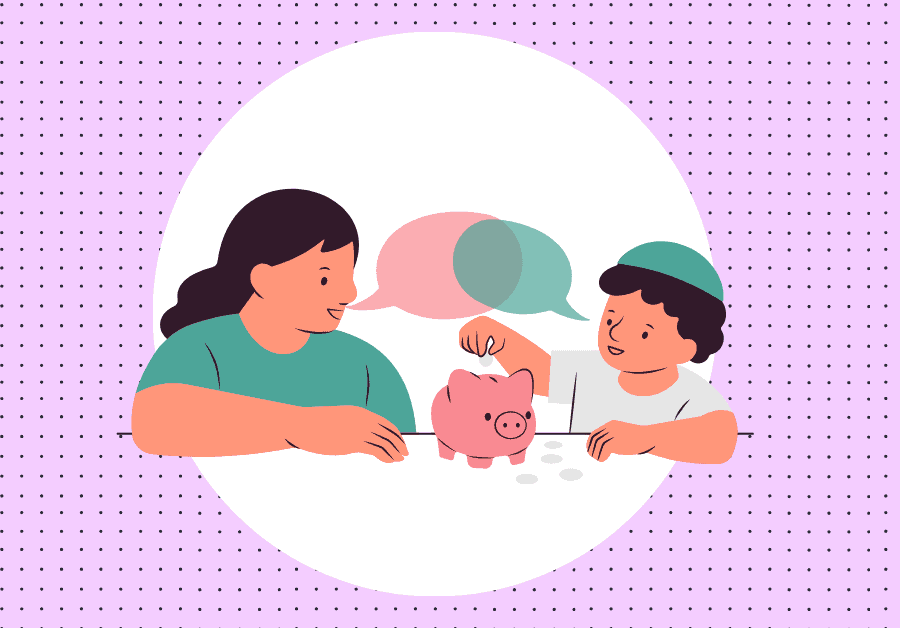How to Talk to Your Kids About Money
Every family speaks about money in different ways. Some are more open. Some keep it private. Some talk about it mostly when buying things and some only when cutting back.
Whatever the approach, one thing is always true; our children are learning from us. They hear how we speak in the shop. They see what we choose to spend on. They notice when a delivery arrives or when something is put back on the shelf.
The question isn’t if they’re getting messages about money. It’s which messages and how we can make those messages more helpful for their perspective on money.
The good news? It doesn’t take lectures or big changes. A few small shifts can turn everyday moments into something that lasts a lifetime.
What are you really saying?
Most parents talk about money, often without realising how much we’re saying in passing.
Phrases like “we can’t afford that” or “money doesn’t grow on trees” might seem harmless, but over time they can paint money as something stressful or off-limits.
In other homes, money might be associated mostly with shopping, treats, and excitement which can lead to the idea that money is just for spending as fast as possible.
Some children grow up thinking only wealthy people understand money. Others learn that it’s not something you ask about.
You don’t have to change everything. But when we speak about money the same way we’d speak about anything else, we show our children that it’s something they can handle too.

You don’t need to be an expert
If you’re still figuring out your own finances, you’re not alone.
But you don’t need to be perfect to include your children in the small decisions. You might say, “We’re saving for Yom Tov now, so we’re holding off on extras for a few weeks.” Or, “That one’s cheaper, but it doesn’t last as long so let’s think it through.”
Even better, involve them. Ask, “If you had £10 to split between a treat, a toy, and something to save, how would you do it?”
And if they ask something you don’t know? Say, “Let’s find out together.” That shows them money is something you learn about over time.
Use every day moments
Money conversations can happen while making supper or waiting at the till.
You could say:
“I’m checking the account before I order this.”
“We’re putting money aside each month for something big.”
“With the extra from my raise, we can help pay for a weekend away.”
If your child wants something pricey, don’t default to “Do I look like a millionaire?” Try, “Let’s see how long it would take to save up.”
If they want to earn money, help them think creatively, whether it’s helping a neighbour or selling something small they’ve made.
Let them try (and mess it up)
One of the most powerful ways to learn about money is by using it.
Give your child a small amount to manage and watch them confidently buy a toy that breaks within minutes or sweets they don’t even like. That’s fine. Better they learn money lessons with £5 now than with a credit card bill later on.
You can also introduce small saving habits, like a jar labelled “saving” to make it real. If they want something big, show them how to break it into smaller goals. “You need £20. If you save £2 a week, you’ll have it in 10 weeks.”

Raising financially confident adults
Our aim is to raise children who feel comfortable with the idea of money and understand that it can be planned, earned, saved, and spent with thought.
By making these conversations normal, we give our children a strong foundation. Not just for earning or saving, but for building a life where money is a stress-free part of everyday life.
